Public Administration in India
Synopsis
Public Administration is the management of affairs of the government at all level national, state and local. It is a branch of the wider field of administration. In broader sense, public administration is any kind of administration in the public interest which has simply come to mean governmental administration. There are many views regarding the scope and range of activities to be included in public administration. Some thinkers take a broader view and include all governmental activities having for their purpose, the fulfillment of public policy, while other take a narrow view and consider only those activities concerned with the executive branch of government as a part of public administration. Public Administration in India has a deep rooted historical prospective and a continuous tradition of development. In Ancient India, the different branches of knowledge were grouped under four heads, namely Philosophy, the Vedas, the Economics and Politics. In fact guidance in the practice of actual administration rather than the construction of a complete and consistent system of political theories was the object mainly aimed at in the study of the public administration. Of the works which treat especially of the subject of public administration the most important is the Kautilya's Arthasastra. This book entitled 'Public Administration in India' is an attempt to cater all academic requirements of students candidates appearing for Civil Service Examination and especially for administrative understanding of the subject, also to enable them to cultivate a deep interest in the vast and growing literature of public administration. Apart from the subject of public administration and its setup in India it also carves the need, factual elements as well as the framework of the Development Administration, sustainable development and bureaucratic setup because the development has not only economic but also social and cultural dimension. The top bureaucracy cultivates exclusiveness, springing from the feeling that they are the ruling class. This results in dehumanized arrogance leading to insensitiveness to the suffering of the masses. Specialist's legitimate role has been usurped by generalists. author feels to elaborate these topics on generalist versus specialists, apart from citizen's participation and role of non-governmental organization. It is deals in simple elegant and exhaustive manner especially through a decentralized economic and political system in Indian scenario. A specific chapter of centre-state relation is included to evaluate the factual practices among the union and states, which are accountable of the level of the norms and guidelines of Indian Constitution. States are critical of the fact that the strengths of the government should be tried at the Raj Bhavan and not on the floor of the State Assembly. Governors, it is felt are hired and fired at will and have been consistently misused by the centre for partism political reasons and to whittle downs the power of the state by misusing of article 356 citing as a common weapons as per the direction of centre to subjugate opposition controlled states and cutting dissident Chief Minister to size.
Read more
40.50
36.45
$
45.00 $
Free delivery Wolrdwidе in 10-18 days
Ships in 1-2 days from New Delhi
Membership for 1 Year $35.00
Get it now and save 10%
Get it now and save 10%
BECOME A MEMBER
Similar items

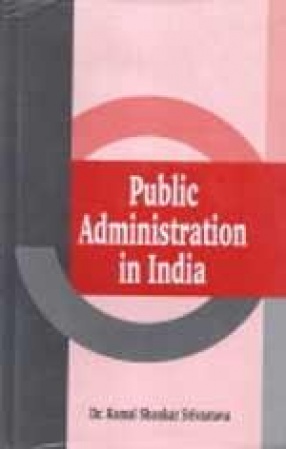
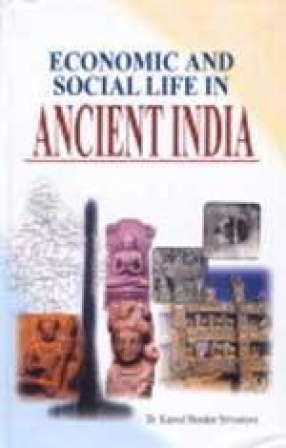
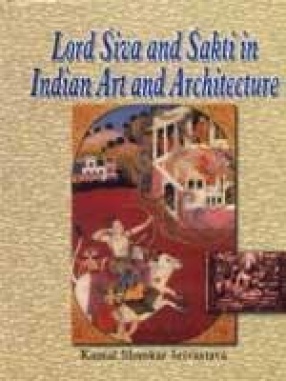
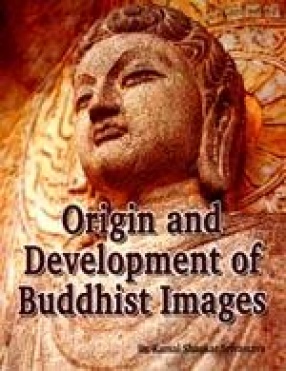
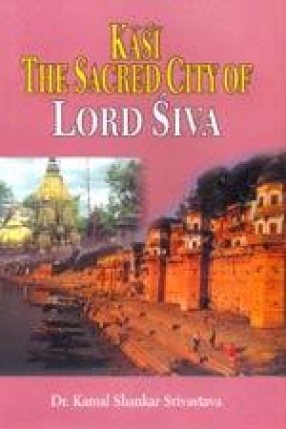
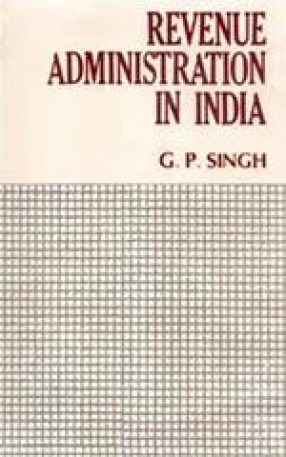

Bibliographic information